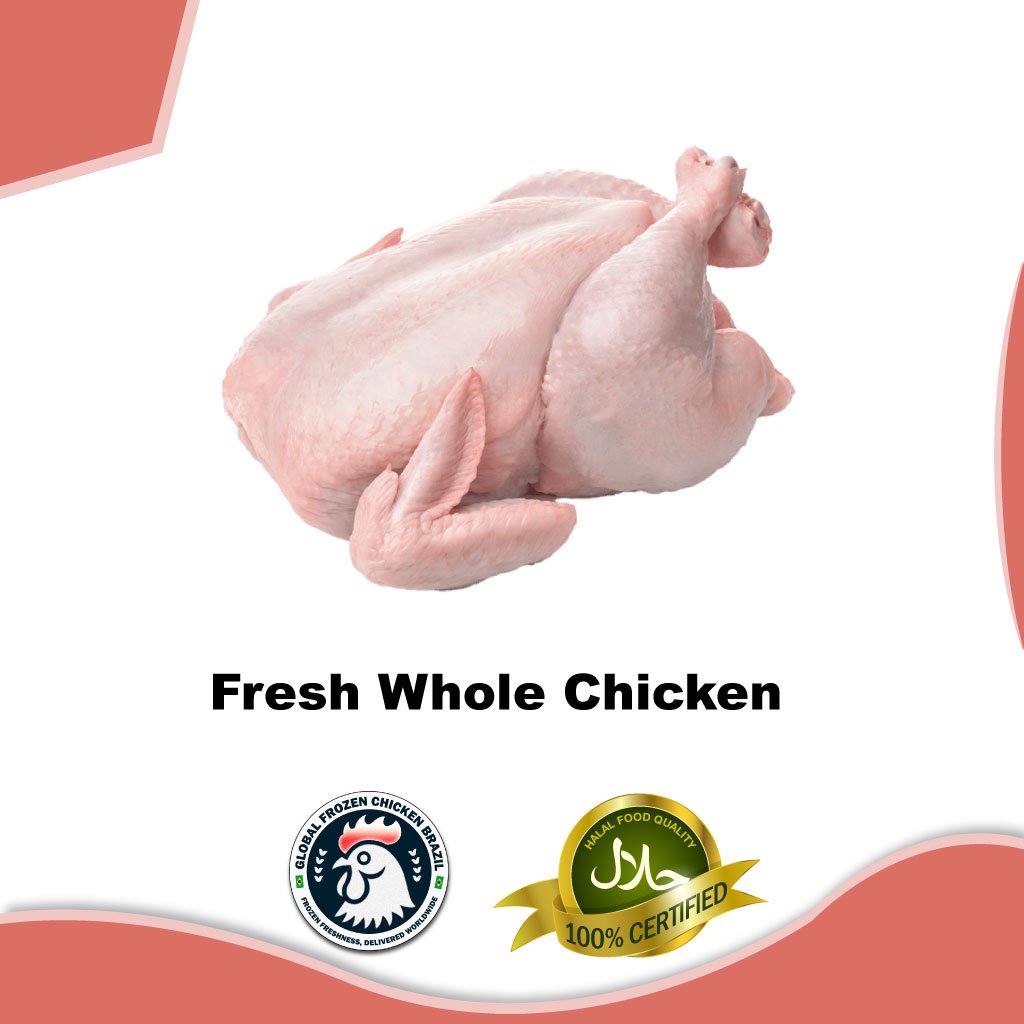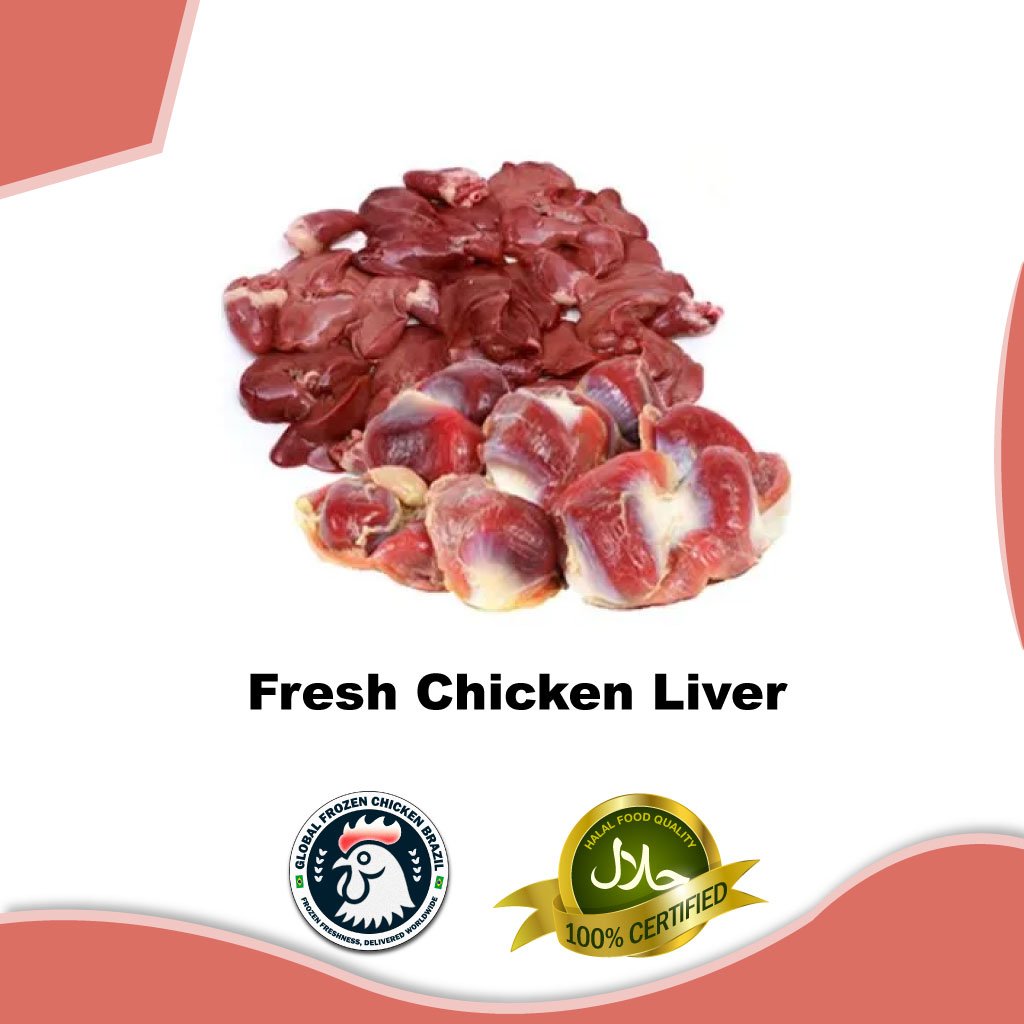Description
The Versatility and Benefits of Frozen Chicken Breast
Chicken breast has become a staple in households worldwide due to its convenience, versatility, and long shelf life. With advancements in freezing technology, frozen chicken serves as an excellent alternative to fresh poultry, offering multiple benefits to consumers. This article explores the production process, nutritional value, culinary applications, and best practices for handling and storage of frozen chicken breast.
Production Process and Quality Assurance
The production of frozen chicken breast involves a meticulous process to ensure quality and safety. After slaughtering and processing, the chicken is rapidly frozen using techniques like blast freezing, which minimizes moisture loss and prevents large ice crystal formation, preserving its texture, flavor, and freshness. Rigorous quality control checks are implemented to monitor hygiene, inspect for defects, and ensure compliance with food safety regulations.
Nutritional Value of Frozen Chicken Breast
Despite being frozen, chicken breast retains its nutritional value and remains a rich source of protein, essential amino acids, vitamins, and minerals. Protein is crucial for muscle growth and repair, while vitamins and minerals support overall health and well-being. Compared to fresh chicken, frozen chicken offers comparable nutritional benefits, making it a reliable protein source for individuals with busy lifestyles.
Culinary Applications and Versatility
Frozen chicken breast is highly versatile and adapts well to various cooking methods, including grilling, baking, stir-frying, and slow cooking. It can be marinated, seasoned, or combined with other ingredients to create flavorful and nutritious meals. With various available cuts such as boneless, skinless breasts or tenderloins, it caters to diverse recipes and preferences, making meal preparation more convenient.
Convenience and Extended Shelf Life
One of the key advantages of frozen chicken breast is its extended shelf life. Unlike fresh chicken, it can be stored for months in a freezer without compromising its quality or taste. This allows for meal planning, reduces food waste, and provides a readily available protein source. Additionally, it eliminates the need for frequent grocery trips, making it a time-saving option for busy individuals and families.
Safe Handling and Storage Practices
To maintain the safety and quality of frozen chicken, proper handling and storage are crucial. Follow these best practices:
- Thaw safely: Always defrost frozen chicken in the refrigerator or use the microwave’s defrost function to prevent bacterial growth.
- Avoid cross-contamination: Store raw frozen chicken separately from other foods.
- Ensure proper freezing conditions: Keep the freezer at 0°F (-18°C) or below to preserve freshness and prevent bacteria growth.
Conclusion
Frozen chicken breast has proven to be a convenient, nutritious, and versatile food choice. With advanced freezing techniques, extended shelf life, and a wide range of culinary applications, it meets the needs of modern consumers. By following proper storage and handling guidelines, individuals can fully enjoy the benefits of high-quality frozen chicken.
Purchase premium frozen chicken breast from trusted suppliers and enjoy delicious, hassle-free meals every day! 🚀🍗














Reviews
There are no reviews yet.